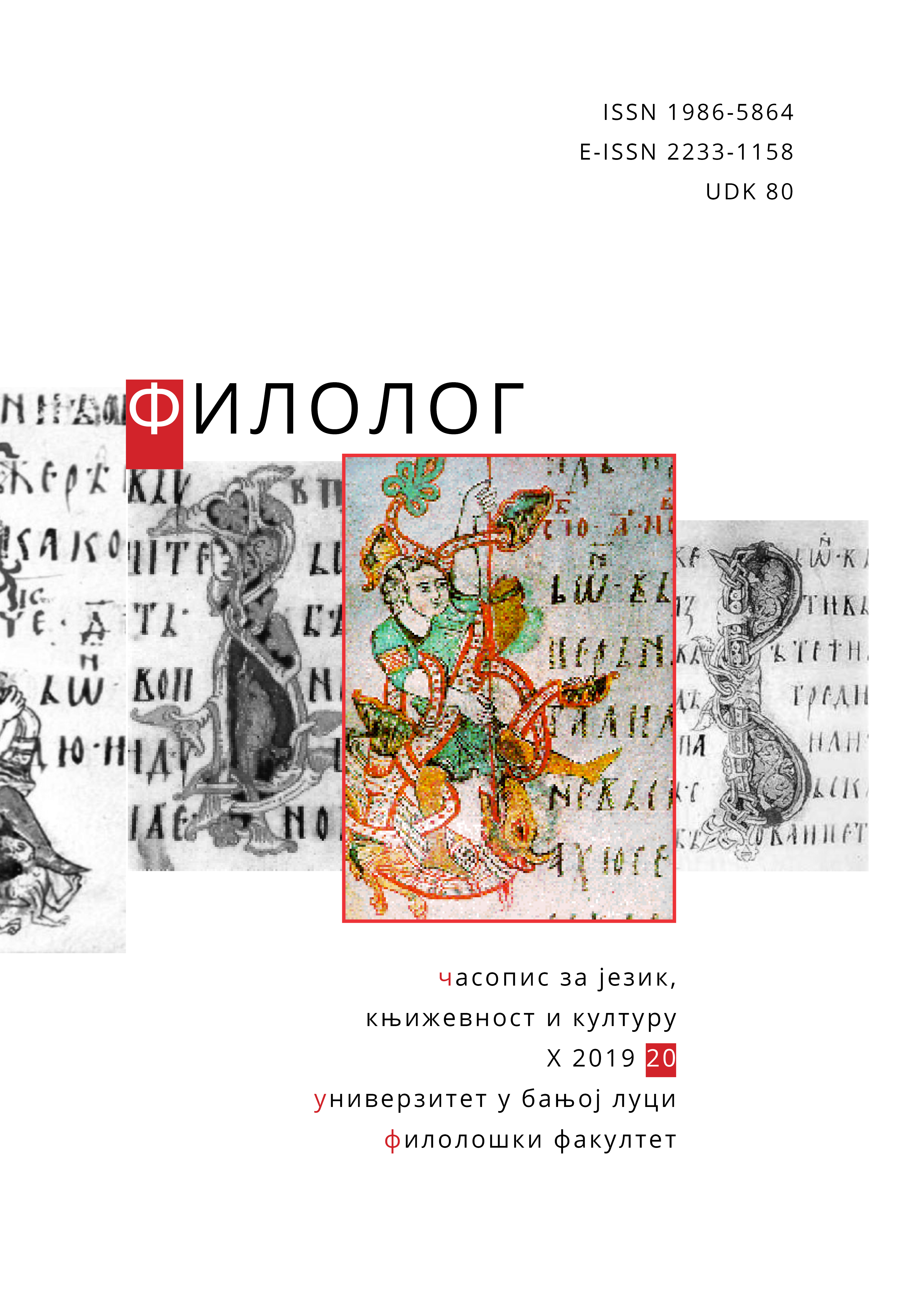Јоханес Шефлер: мистичка поезија као катализатор (пост)модерне мисли
Johannes Schefler: Mystical Poetry as a Catalyst of (Post)Modern Thought
Author(s): Alen Albin ŠircaSubject(s): Philosophy, Language and Literature Studies, Theology and Religion, Comparative Study of Literature, German Literature, Philology, Theory of Literature
Published by: Филолошки факултет Универзитета у Бањој Луци
Keywords: Johannes Scheffler (Angelus Silesius); history of reception; mystical poetry; modernity; postmodernity;
Summary/Abstract: This article deals with the history of reception of the German Baroque poet Johannes Scheffler (aka Angelus Silesius, 1624-1677), which served as a significant catalyst (to use the renowned poetological term of T. S. Eliot) on a number of writers and philosophers in the 19th and 20th century. First of all, the analysis is focused on Scheffler’s impact on Jorge Luis Borges who in reading of Scheffler’s mystical epigrams attempted to find the way out of the impasse of modernist subjectivity. Next, the article investigates the reception of the distinguished German poet by three renowned 20th century philosophers: Heidegger, Derrida, and Lacan. It becomes clear that all three have creatively appropriated the verses of Johannes Scheffler, and it has turned out that the mystical paradoxes of his poetry paved the way for the articulation of some typical postmodern concepts of these philosophers. In Heidegger’s case, Scheffler’s verses on the mystical rose helps define the ungroundedness of being. In the case of Derrida, the scope of Schefflers epigrams seems very close to that of the so-called experience of deconstruction, and in case of Lacan, Schefller’s poetry is read as the most efficient meditation on being, which in opposition to un-being (the Real) marks the successful end of the psychoanalytical process.
Journal: Филолог – часопис за језик, књижевност и културу
- Issue Year: 2019
- Issue No: 20
- Page Range: 462-482
- Page Count: 21
- Language: Serbian

